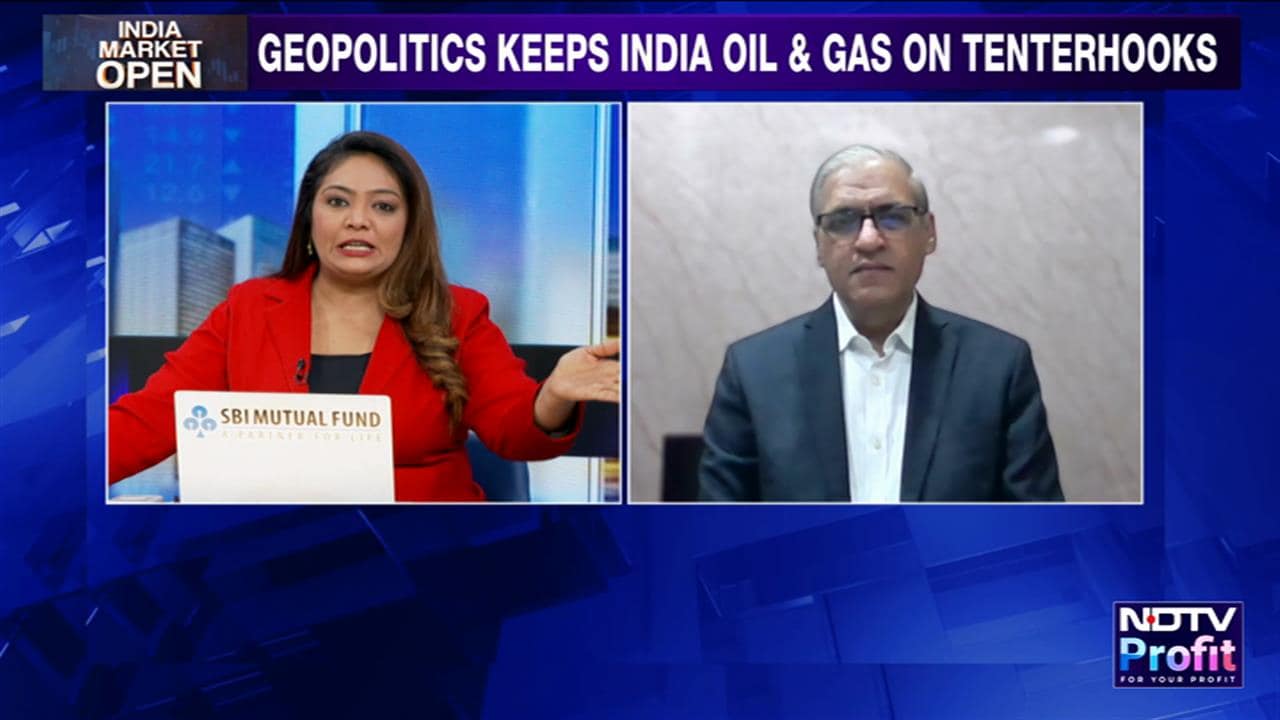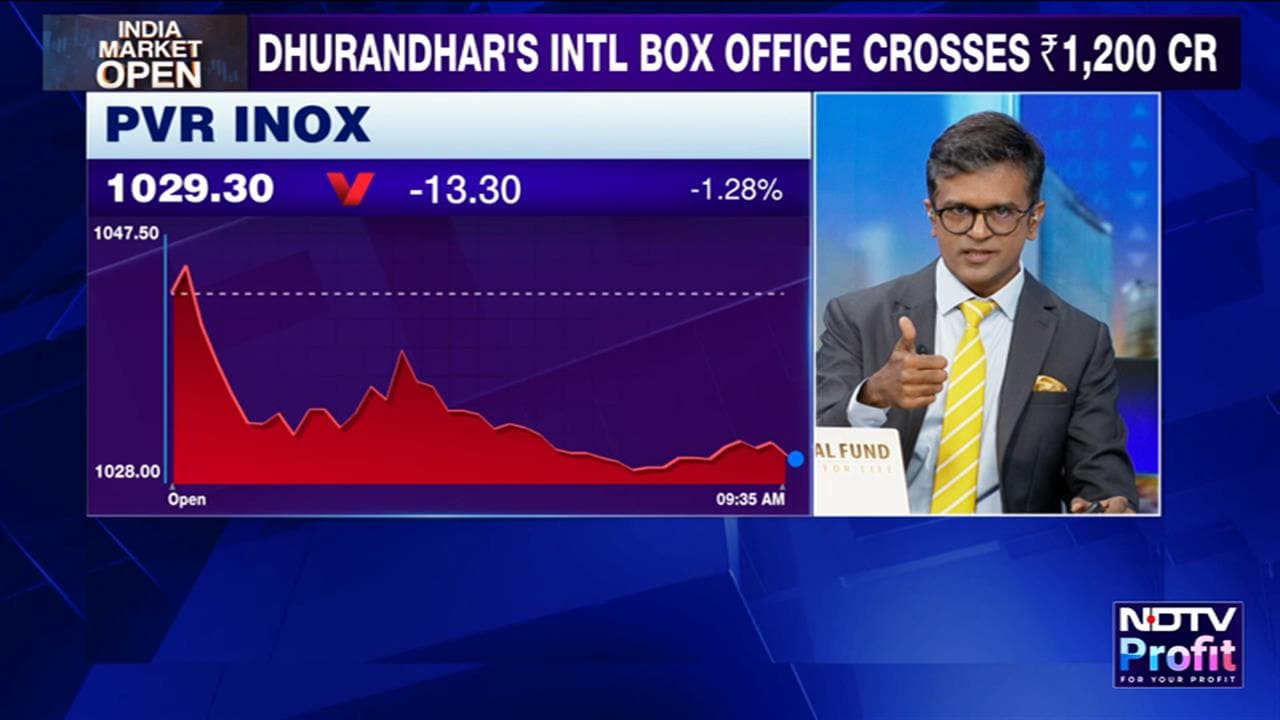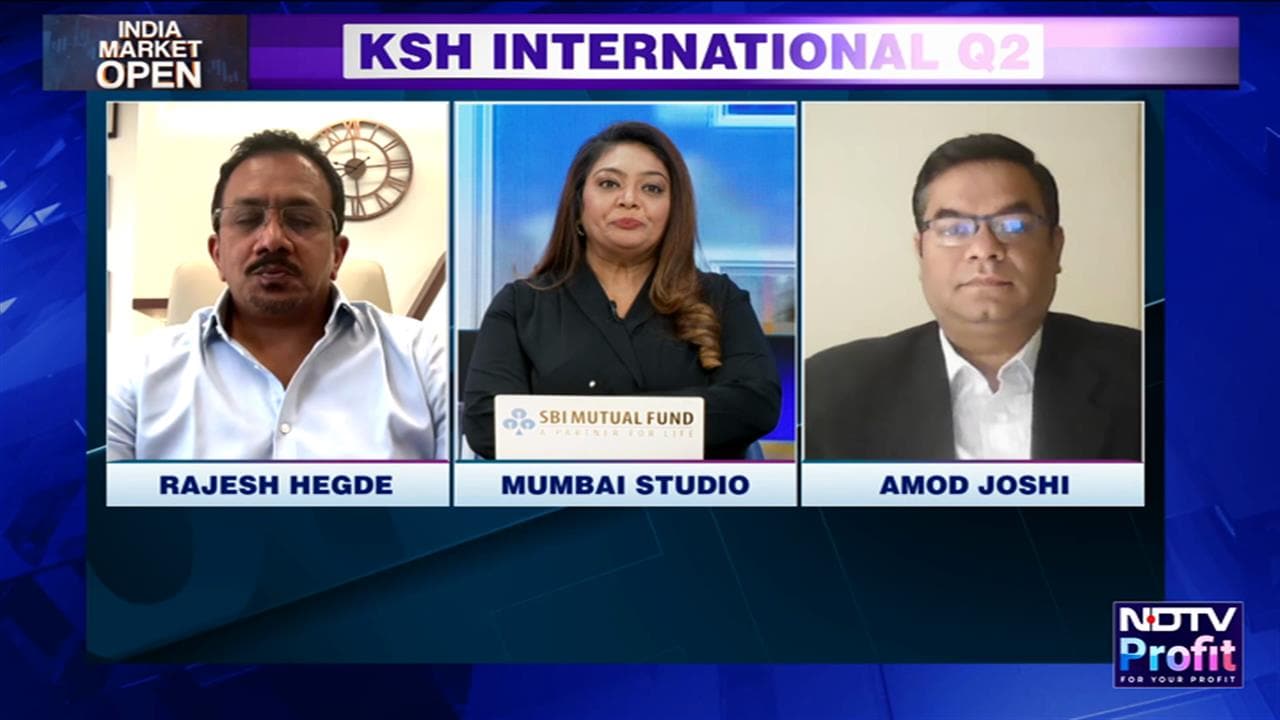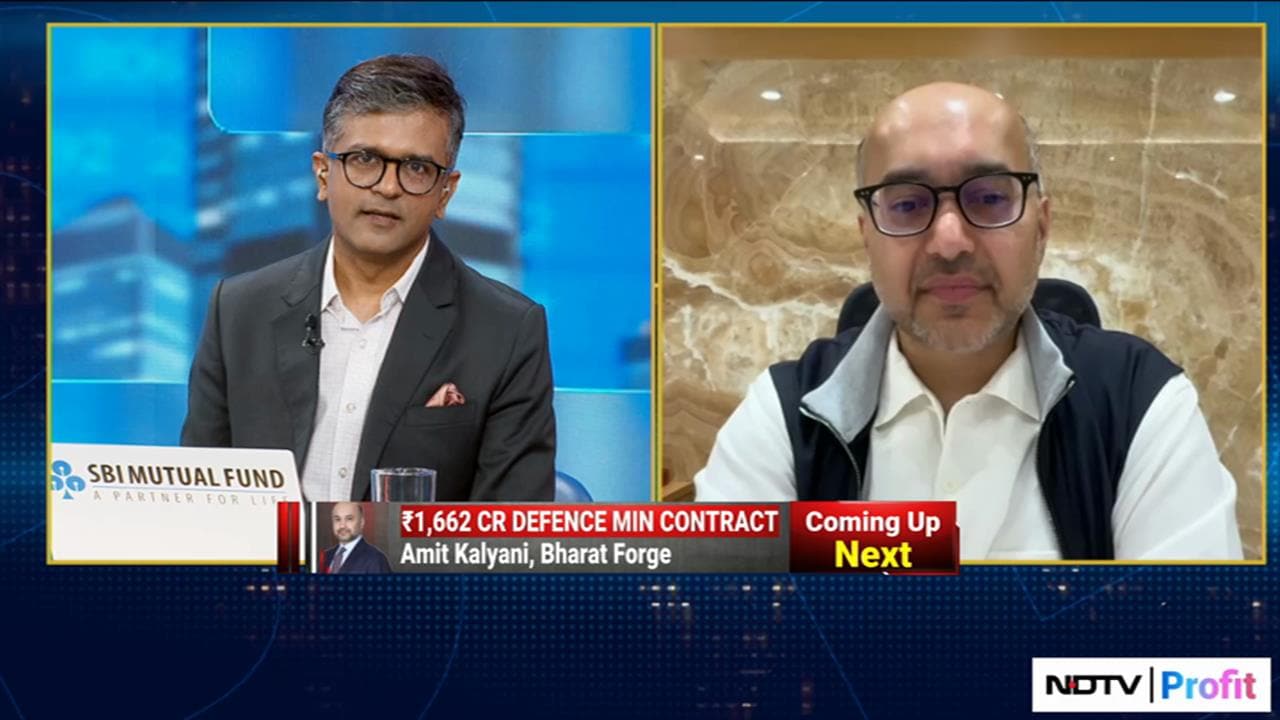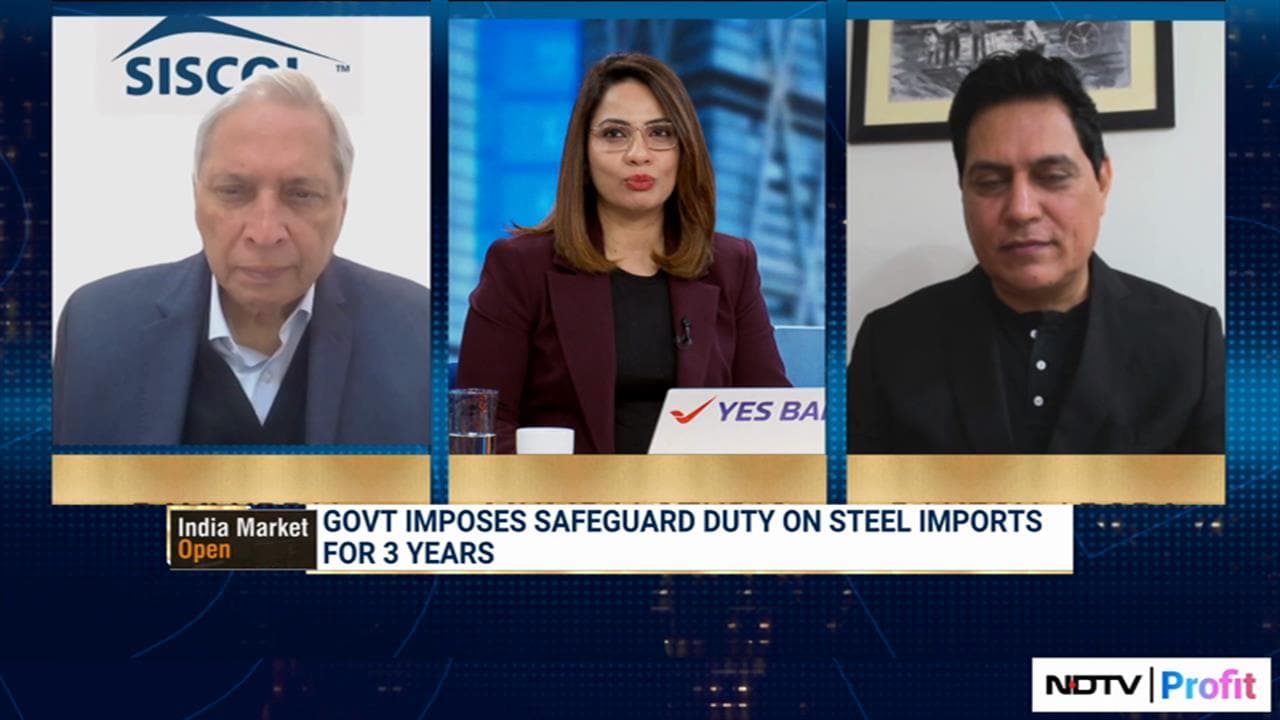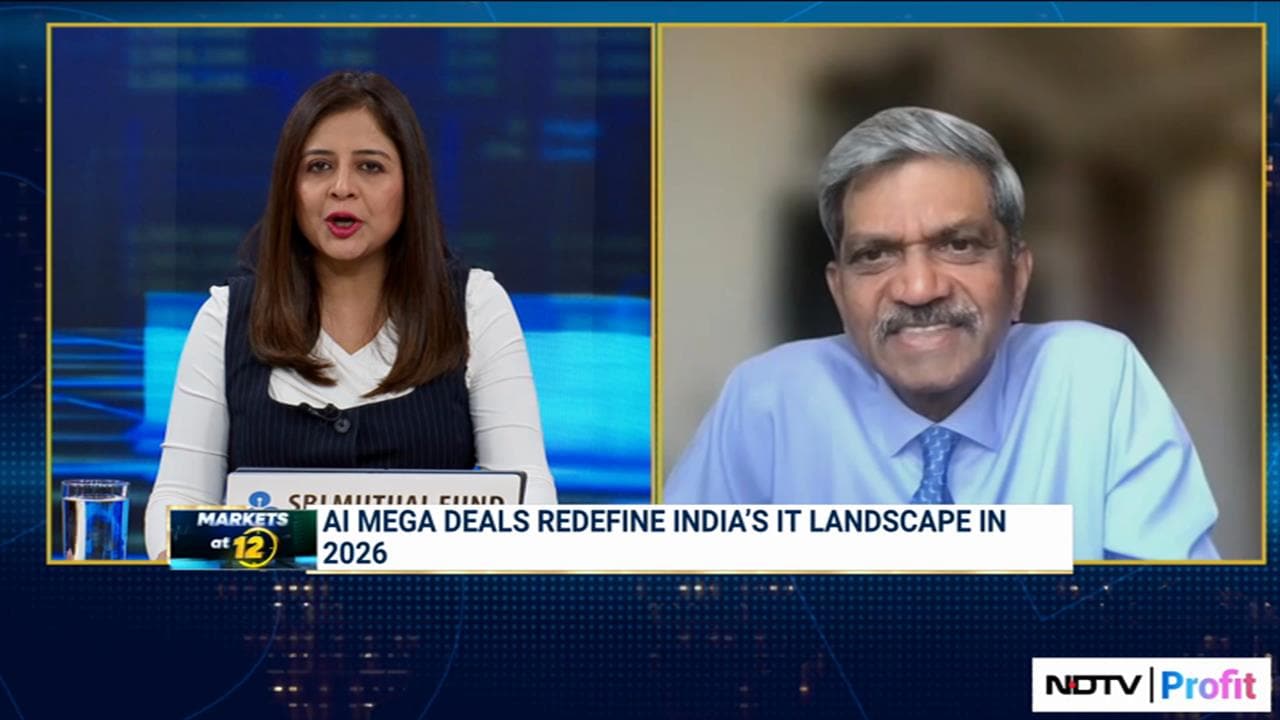
Caught up in a crowd of protesters while delivering food in Indonesia's capital on Thursday night, Affan Kurniawan dropped his mobile phone and knelt down to pick it up.
At that moment an armored police vehicle slammed into the 21-year-old motorcycle taxi driver, pinning him under its front tires. As a crowd descended on the vehicle, the police officer hit the accelerator and ran over his body. Affan was rushed to a Jakarta hospital but didn't survive.
The fatal crash — caught on video and rapidly spread in group chats and on social media — turned what appeared to be manageable protests over rising costs of living into the most serious test yet for President Prabowo Subianto, who took power about 10 months ago.
“Affan's martyrdom changes the game completely,” said Lionel Priyadi, a fixed income and macro strategist at PT Mega Capital. “Now, the government is facing strong anti-political elite and anti-government sentiment.”
As of Sunday night, at least four people were dead as protests spread to nearly a dozen major cities. Buildings throughout the country were set ablaze. And the houses of Finance Minister Sri Mulyani Indrawati and several lawmakers were reportedly targeted by looters. Intruders at various locations were seen carrying off bathtubs, Louis Vuitton and Hermes handbags, and even Labubu dolls.
Prabowo canceled a planned trip to China and held an emergency cabinet meeting in a bid to restore order in the nation of 280 million people. In a televised address on Sunday, he announced the revocation of hefty allowances for lawmakers that triggered the protests, while ordering police and the military to take firm response against unlawful acts.
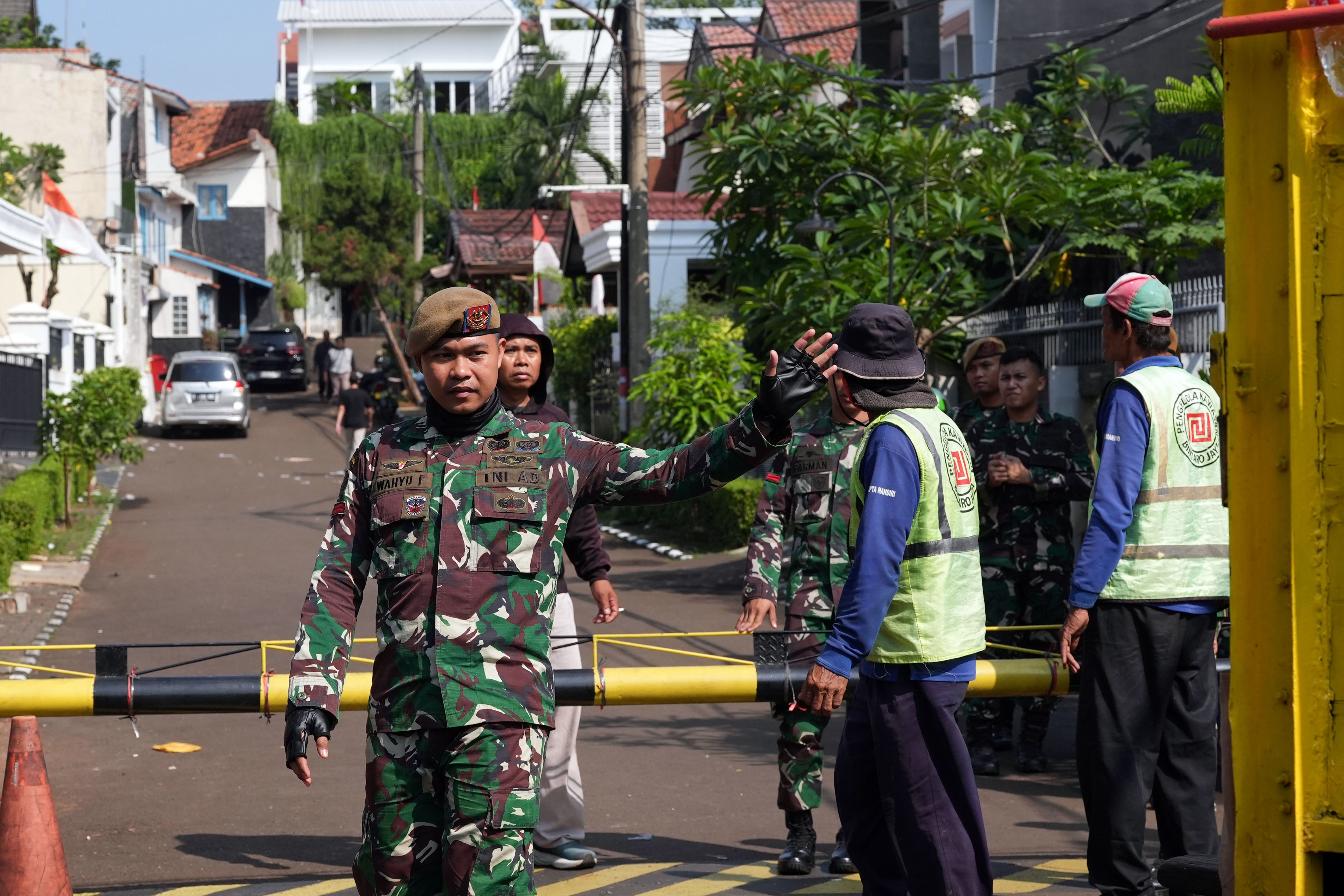
Members of the Indonesia army stand guard outside the residence of Finance Minister Sri Mulyani Indrawati in Jakarta.
“I call on all citizens to trust the government and remain calm,” the president said. “The government under my leadership is determined to always fight for the people's interests, including those of the most vulnerable and marginalized.”
Even if the protests die down in the short term, they have exposed underlying tensions over persistent inequality that threaten to weigh on the nation's growth prospects and financial markets. Indonesia's equity benchmark slid 1.5% on Friday, the biggest decline in the world among national gauges tracked by Bloomberg.
The president's response to the protests will test his commitment to fiscal constraint, seen by his promises in August to narrow the budget deficit even as he ramps up populist welfare measures. Indonesia's markets have reacted negatively to any signs that he might open up the fiscal spigots or break ties with Indrawati, who is highly respected among investors for maintaining discipline in spending
“If the protests worsen, pressure to increase overall government spending may rise,” said Peter Mumford, Southeast Asia practice head at risk consultancy Eurasia Group.
For Prabowo, the protests strike at the heart of dueling tendencies for the 73-year-old former general: A strongman's desire to increase the role of the state and the military, while also serving as a champion of the poor.
The president has poured billions of dollars into a raft of populist measures, including free school lunches and health check-ups. He also suspended a hike in the value-added tax and rolled out several stimulus measures, including cash handouts, rice aid and electricity discounts.
Those moves boosted Prabowo's popularity to beyond 80% in polls conducted in January to mark his first 100 days in office. Still, no credible follow-up surveys have been done since.
“The public would want Prabowo to pivot from symbolic populism to substantive economic relief,” said Dedi Dinarto, senior associate at public policy advisory firm Global Counsel. “Free-meal programs would be seen as insufficient when people are struggling with fuel and food prices.”
At the same time, the president has installed the largest cabinet in Indonesia's history with more than 100 members, increased the role of the military, boosted the state's hand in business and effectively eliminated opposition in the parliament.
That created the conditions for protesters to hit the streets after lawmakers granted themselves new perks, including a monthly housing allowance of 50 million rupiah ($3,030) — nearly 10 times the monthly minimum wage in Jakarta.
“Street protests, which are now the one and only funnel of checks and balances for the government, will grow out of control only if the governing coalition continues to stay deaf to public grievances and blames protesters for the chaos,” said Achmad Sukarsono, an associate director at consultancy Control Risks.
Indonesia has maintained steady 5% economic growth over the past decade, but frustration has mounted as job cuts in the manufacturing sector erode the income of an already-shrinking middle class. More than 42,000 workers were officially laid off in the first half of this year, up 32% from a year ago, according to the Ministry of Manpower. Analysts say the actual number is likely much higher.
The wealth of the 50 richest individuals in Indonesia is equal to the total wealth of 50 million Indonesians, according to a report last year by the Jakarta-based Center of Economic and Law Studies. It found that about half of ride-hailing drivers, for instance, spent nearly all of their wages on daily expenses.
That is why Affan's death particularly struck a chord. The untimely death of a young person who found himself in the wrong place at the wrong time fueled indignation. Motorcycle taxis in Indonesia aren't just a fixture of daily life, but also a common means of livelihood after persistent layoffs in the past few years, from the pandemic to the current trade war.
In one of the most striking images from the past week, thousands of drivers in their signature green jackets and helmets of ride-sharing platforms Grab and Gojek ushered the casket of Affan from his home to the cemetery. Hours afterward, the protests became bigger and more violent as Indonesians took to the streets to call for justice for the driver that many referred to as a “martyr.”
“The public is indeed very angry and upset with the behavior of the elite — hedonistic, frequently showing off on social media, and insensitive to the suffering of ordinary people, most of whom are struggling,” said Aditya Perdana, an associate professor at the University of Indonesia.
“This is what triggered such a strong, unexpected response, expressed in the form of looting,” he added. “If the president fails to address this serious situation soon, of course there could be other forms of protest emerging in the future.”
Watch LIVE TV, Get Stock Market Updates, Top Business, IPO and Latest News on NDTV Profit.









